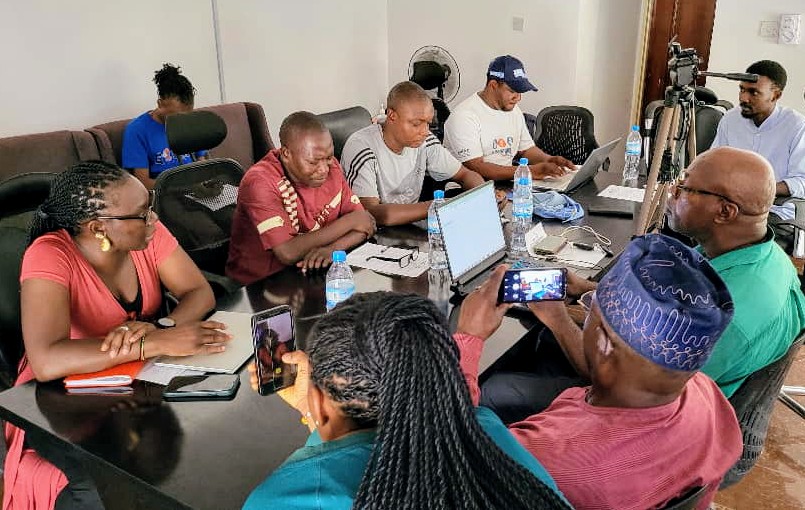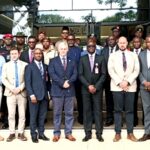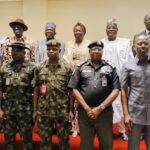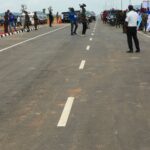By Ezra Musa
The Bridge that Gap Initiative, an NGO, has moblised journalists to create the needed awareness on early warning and early response to imminent disaster in Kaduna State.
Its Executive Director, Mss Gloria Bulus, said during a roundtable in Kaduna on Saturday, that the media has a critical role to play in strengthening early warning systems and early response to imminent disaster.
Bulus, who is also the Coordinator of the Network of Civil Society in Environment, explained that the NGO was established to bridge existing and future gaps in governance, education, and environment.
She added that the organisation’s interventions in the environment sector focuses on climate change, environmental health, renewable energy, and eco-entrepreneurship among other issues.
She noted the importance of the media in amplifying people’s voices and serving as watch dogs to government’s commitment to address environmental and climate change challenges.
“There is no way our voices will be heard, or our advocacies and cries can reach the target audience without the media supporting us.
“So, our work is as good as half-done without the media,” she said.
She explained that the media roundtable was crucial, following the current extreme temperature being experienced across the country and other climate change related challenges.
The executive director also said that the meeting provided the needed opportunity to discuss issues around environment and climate change governance in the state.
She stressed the need for the media to engage the state’s Climate Change Policy and budgetary allocation to the environment sector and its implementation.
“There is also the problem of deforestation that is deeply affecting the eco-system and biodiversity in the state, which the media needs to look at.
“Other issues include insecurity and its impact on agricultural production and food security, as well as poverty and the nutrition and health wellbeing of the people.
“There are also issues around water scarcity, drought and lots of other climate and environment issues that the medi need to loot at.
“This means that the media and the Civil Society Organisations (CSOs) need to work together to create the needed awareness on these issues, and hold government accountable for its commitment to addressing the challenges,” Bulus said.
Earlier, the organisation’s Programme Officer, Mr Zinta Apkpoko, said that the roundtable was organised to facilitate knowledge sharing amongst the media and CSOs on early warning and early response to disaster.
Apkpoko added that the meeting was also to identify gaps and strengthen actions on early warning and response.
This, he said, would increase the understanding and knowledge of journalists on early warning signs and response, and promote effective media reporting in the long run.
He further said that the meeting would strengthen collaboration between media organisations, relevant stakeholders, and early warning system providers in the state.
He called on the journalists to support ongoing efforts by the NGO to strengthen collaboration with the State Assembly Committee on Environment, for effective and sustainable climate change action in Kaduna state.
Presenting the 2024 Nigerian Meteorological Agency’s Seasonal Climate Prediction, Miss Suzan Nathaniel-Istifanus, a Programme Assistant, stressed the need for the media to sensitise Kaduna residents on disaster risk reduction and early warning systems.
Reacting, Mr Shindong Bala of Federal Radio Corporation, Kaduna, described the engagement as very educative and insightful.
Bala noted the need for collaboration between media and stakeholders, on the sensitisation and mobilisation of community members for environment and climate change action.
Also, Mr Alex Uangbaoje of Newswebexpress, acknowledged the role of media in advocating for effective government response and disaster risk reduction. (NAN)
Edited by Philip Yatai









